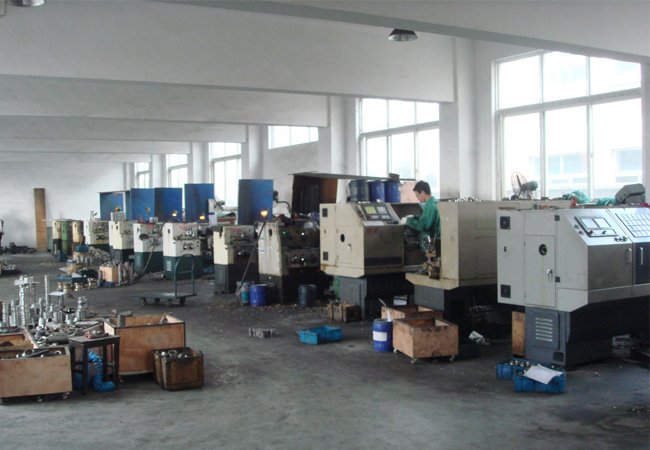Italian
- Afrikaans
- Albanian
- Amharic
- Arabic
- Armenian
- Azerbaijani
- Basque
- Belarusian
- Bengali
- Bosnian
- Bulgarian
- Catalan
- Cebuano
- Corsican
- Croatian
- Czech
- Danish
- Dutch
- English
- Esperanto
- Estonian
- Finnish
- French
- Frisian
- Galician
- Georgian
- German
- Greek
- Gujarati
- Haitian Creole
- hausa
- hawaiian
- Hebrew
- Hindi
- Miao
- Hungarian
- Icelandic
- igbo
- Indonesian
- irish
- Italian
- Japanese
- Javanese
- Kannada
- kazakh
- Khmer
- Rwandese
- Korean
- Kurdish
- Kyrgyz
- Lao
- Latin
- Latvian
- Lithuanian
- Luxembourgish
- Macedonian
- Malgashi
- Malay
- Malayalam
- Maltese
- Maori
- Marathi
- Mongolian
- Myanmar
- Nepali
- Norwegian
- Norwegian
- Occitan
- Pashto
- Persian
- Polish
- Portuguese
- Punjabi
- Romanian
- Russian
- Samoan
- Scottish Gaelic
- Serbian
- Sesotho
- Shona
- Sindhi
- Sinhala
- Slovak
- Slovenian
- Somali
- Spanish
- Sundanese
- Swahili
- Swedish
- Tagalog
- Tajik
- Tamil
- Tatar
- Telugu
- Thai
- Turkish
- Turkmen
- Ukrainian
- Urdu
- Uighur
- Uzbek
- Vietnamese
- Welsh
- Bantu
- Yiddish
- Yoruba
- Zulu
Telephone: +86 13120555503
Email: frank@cypump.com
Ago . 07, 2024 22:00 Back to list
High Performance Submersible Pumps for Industrial Applications and Efficient Fluid Management Solutions
Industrial Submersible Pumps An Essential Tool for Various Applications
Industrial submersible pumps play a crucial role in a variety of sectors, including construction, mining, municipal water systems, and wastewater management. These specialized pumps are designed to operate while submerged in fluids, providing efficient and reliable performance in environments where traditional pumps cannot function effectively. This article explores the workings, benefits, and applications of industrial submersible pumps.
How Submersible Pumps Work
Submersible pumps are designed to push fluids to the surface rather than pulling them, which is the case with most standard pumps. The pump is sealed and driven by an electric motor placed inside the pump body. This allows it to be submerged in water or other fluids, minimizing the risk of cavitation and increasing operational efficiency. When activated, the pump generates pressure that forces the liquid through a discharge pipe to the intended destination.
These pumps are typically constructed from corrosion-resistant materials due to the harsh environments in which they operate. The compact design also allows for easy installation in tight spaces, making them ideal for numerous industrial applications.
Advantages of Industrial Submersible Pumps
1. High Efficiency Submersible pumps are designed to handle large volumes of water and can operate continuously without overheating, maximizing efficiency in fluid transfer tasks.
2. Space-saving Design Their compact nature allows industrial submersible pumps to operate in confined spaces, such as basements or underground areas, where surface pumps may not fit.
3. Reduced Noise Levels Since the pump operates underground or within the liquid, noise levels are significantly lower than those of surface-mounted pumps, making them ideal for use in residential or urban environments.
4. Versatile Applications These pumps can handle various types of fluids, including clean water, sewage, and slurries, making them versatile for a range of industrial applications.
industrial submersible pumps

5. Energy Efficiency Many modern submersible pumps are designed with energy efficiency in mind, which can lead to reduced operational costs over time.
Applications of Submersible Pumps
1. Wastewater Treatment Industrial submersible pumps are extensively used in wastewater management systems to transport sewage and wastewater to treatment facilities. Their ability to handle solids and other debris makes them essential in this field.
2. Construction Sites During excavations and site preparations, water accumulation is a common issue. Submersible pumps are utilized to dewater construction sites, ensuring safe and efficient operations.
3. Mine Dewatering In mining operations, submersible pumps play a crucial role in removing water from mining pits, preventing flooding and maintaining operational efficiency.
4. Irrigation Agricultural industries use submersible pumps for irrigation systems, where they can draw groundwater from wells and distribute it effectively across fields.
5. Fountain and Water Feature Applications Submersible pumps are also used in decorative water features and fountains. They ensure a steady flow of water, creating aesthetic appeal in landscaping projects.
Conclusion
In summary, industrial submersible pumps are indispensable tools in a variety of sectors aimed at efficiently moving fluids in challenging environments. Their design offers a range of benefits, including high efficiency, space-saving convenience, and versatility across multiple applications. As technology continues to advance, the capabilities and energy efficiency of these pumps will likely improve, further solidifying their position as a critical component in industrial operations. Whether in construction, wastewater treatment, or agricultural applications, the importance of submersible pumps cannot be overstated.
-
Heavy-Duty Mining Sludge Pumps - Wear-Resistant Slurry Handling
NewsAug.02,2025
-
Horizontal Split Case Pump with GPT-4 Turbo | High Efficiency
NewsAug.01,2025
-
ISG Series Pipeline Pump - Chi Yuan Pumps | High Efficiency, Durable Design
NewsAug.01,2025
-
Advanced Flue Gas Desulfurization Pump with GPT-4 Turbo | Durable & Efficient
NewsJul.31,2025
-
ISG Series Vertical Pipeline Pump - Chi Yuan Pumps | Advanced Hydraulic Design&Durable Construction
NewsJul.31,2025
-
ISG Series Vertical Pipeline Pump - Chi Yuan Pumps | Energy Efficient & Low Noise
NewsJul.31,2025










